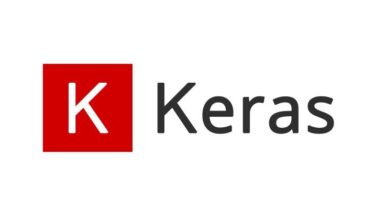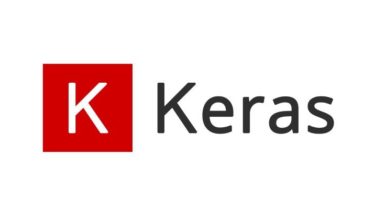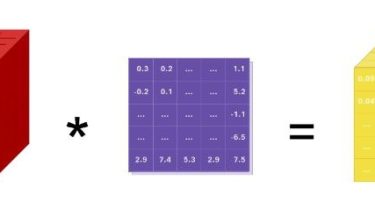A drop-in replacement for Django’s runserver
About A drop in replacement for Django’s built-in runserver command. Features include: An extendable interface for handling things such as real-time logging. Integration with the werkzeug interactive debugger. Threaded (default) and multi-process development servers. Ability to specify a WSGI application as your target environment. Note django-devserver works on Django 1.3 and newer Installation To install the latest stable version: pip install git+git://github.com/dcramer/django-devserver#egg=django-devserver django-devserver has some optional dependancies, which we highly recommend installing. pip install sqlparse — pretty SQL formatting pip […]
Read more





